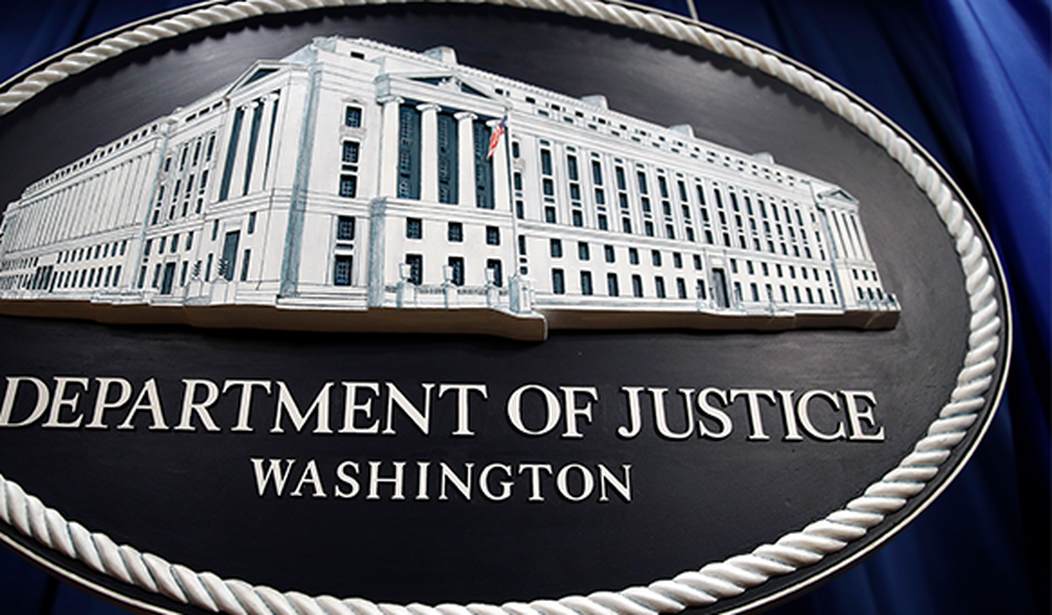The federal government is currently required, by law, to award at least 5 percent of contracts and subcontracts to "Disadvantaged Businesses." Federal agencies awarded over $16 billion worth of contracts to these firms in 2022 alone, according to the Small Business Administration (SBA).
Ensuring that everyone, no matter their background, can participate in the government contracting system is a laudable goal. But good policy is often worthless without robust enforcement. Unfortunately, dishonest companies routinely lie about their disadvantaged business status, feigning eligibility for billions of dollars in federal contracts they simply don't qualify for.
At the heart of this system lies a glaring flaw: companies are allowed to "self-certify" as disadvantaged businesses. This honor-system approach, in a realm where contracts worth millions are at stake, is an open invitation to exploitation.
To qualify as disadvantaged, a business must be "small" -- a definition that varies widely by industry. Additionally, it must be majority-owned by individuals who've faced economic and social barriers. This program seeks to open doors for entrepreneurs who've historically found them closed.
It's a noble goal, but one that's proving challenging to implement without corruption.
In some instances, the Department of Justice scrutinizes disadvantaged business statuses. In June 2023, Florida contractors HX5 LLC and HX5 Sierra LLC, along with their owner, agreed to pay over $7.7 million to resolve allegations of falsely claiming disadvantaged business status. The companies allegedly provided inaccurate information about the owner's assets and failed to report payments to family members, all while raking in contracts from NASA, the Army, and the Air Force.
Recommended
In another case, R&W Builders of Illinois paid $400,000 to settle claims that it fraudulently obtained contracts reserved for disadvantaged small businesses. The company allegedly partnered with a legitimate disadvantaged business but then took control of the joint venture, performing nearly all the work themselves -- a clear violation of program rules.
These cases aren't just about companies gaming the system. They represent lost opportunities for truly disadvantaged businesses, the very entities this program was designed to help. Every contract inappropriately awarded to an ineligible firm is a door closed to a business owner who has faced genuine barriers.
The SBA's own oversight mechanisms have raised red flags about the program's integrity. The SBA Inspector General's report highlights a critical weakness: as of September 2023, over 300,000 firms have self-certified as small, disadvantaged businesses without any external verification.
Yet, perplexingly, the SBA recently expanded its offerings for these businesses. The move risks amplifying the very vulnerabilities the agency should be addressing.
So, what's to be done? The answer lies with Congress. There's a growing appetite among lawmakers to address these abuses, with Rep. Roger Williams (R-TX-25), chairman of the House Small Business Committee, signaling that scrutiny of the Disadvantaged Business designation will be a priority.
Congress must act decisively to reform this flawed system. First, they should implement rigorous third-party verification for disadvantaged business claims, replacing the honor system with a process that can withstand scrutiny. Second, lawmakers need to increase funding for audits and investigations of contracts. Rules without enforcement are merely suggestions.
To deter fraud effectively, we need to establish harsher penalties for violations, including longer debarments from federal contracting. This ensures bad actors can't simply wait out a short suspension before returning to their old tricks.
Critics may argue these measures create barriers for legitimate disadvantaged businesses. However, the current system, with its vulnerability to fraud, is the real barrier. Robust verification and enforcement processes would level the playing field, ensuring that the intended beneficiaries of this program are the ones who actually benefit.
The intentions behind the disadvantaged business program are good. But as it stands, it's a system ripe for abuse. It's time for Congress to step up, close the loopholes, and ensure that disadvantaged businesses can fairly compete.
Editor's Note: This column has been updated.

























Join the conversation as a VIP Member